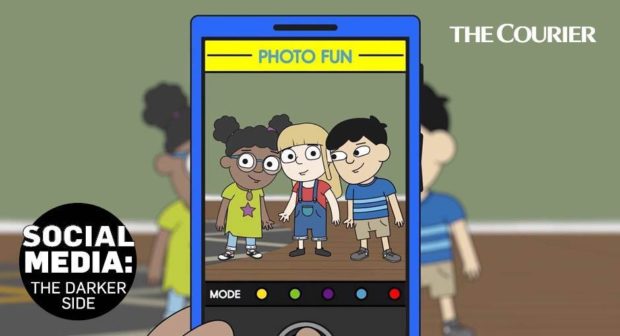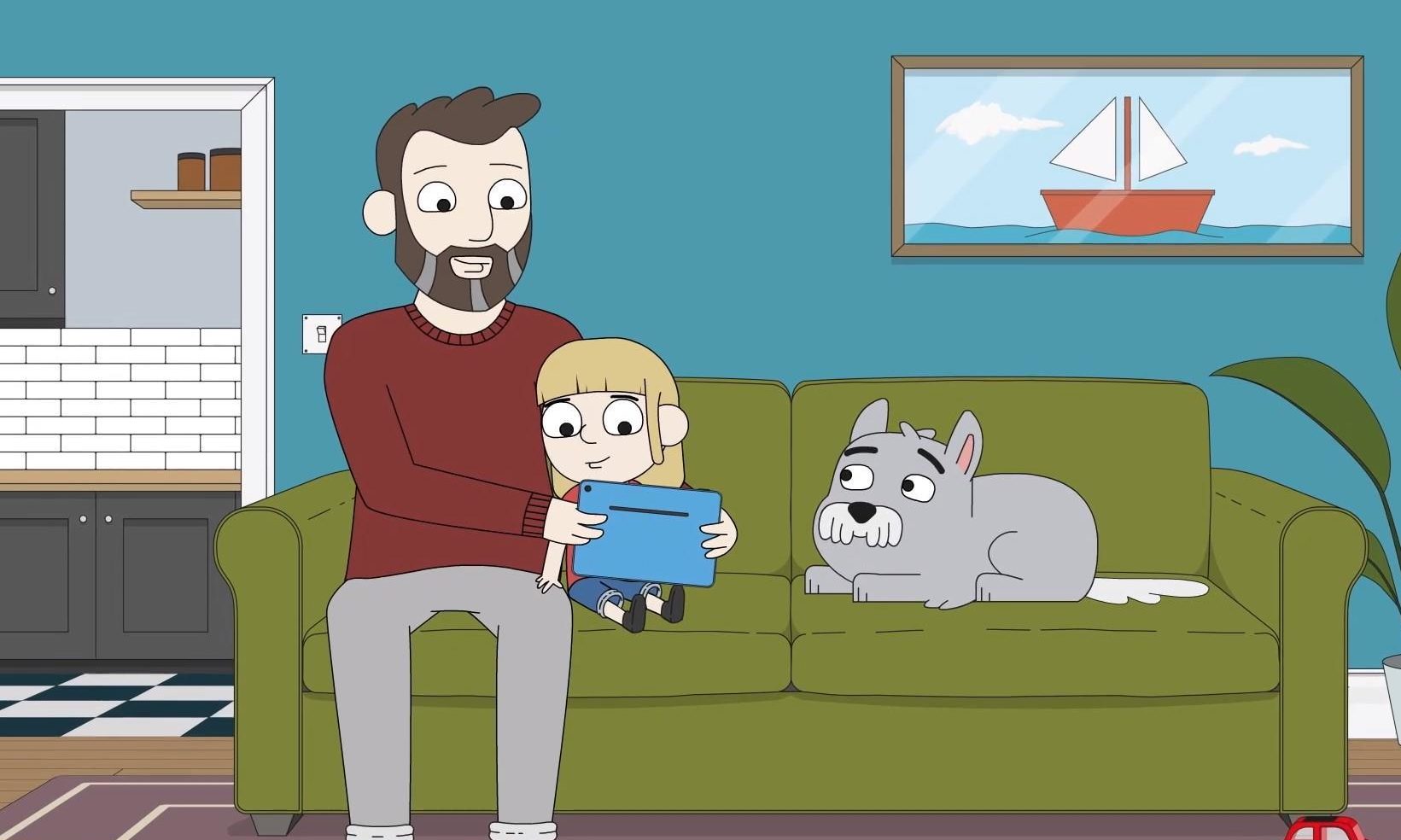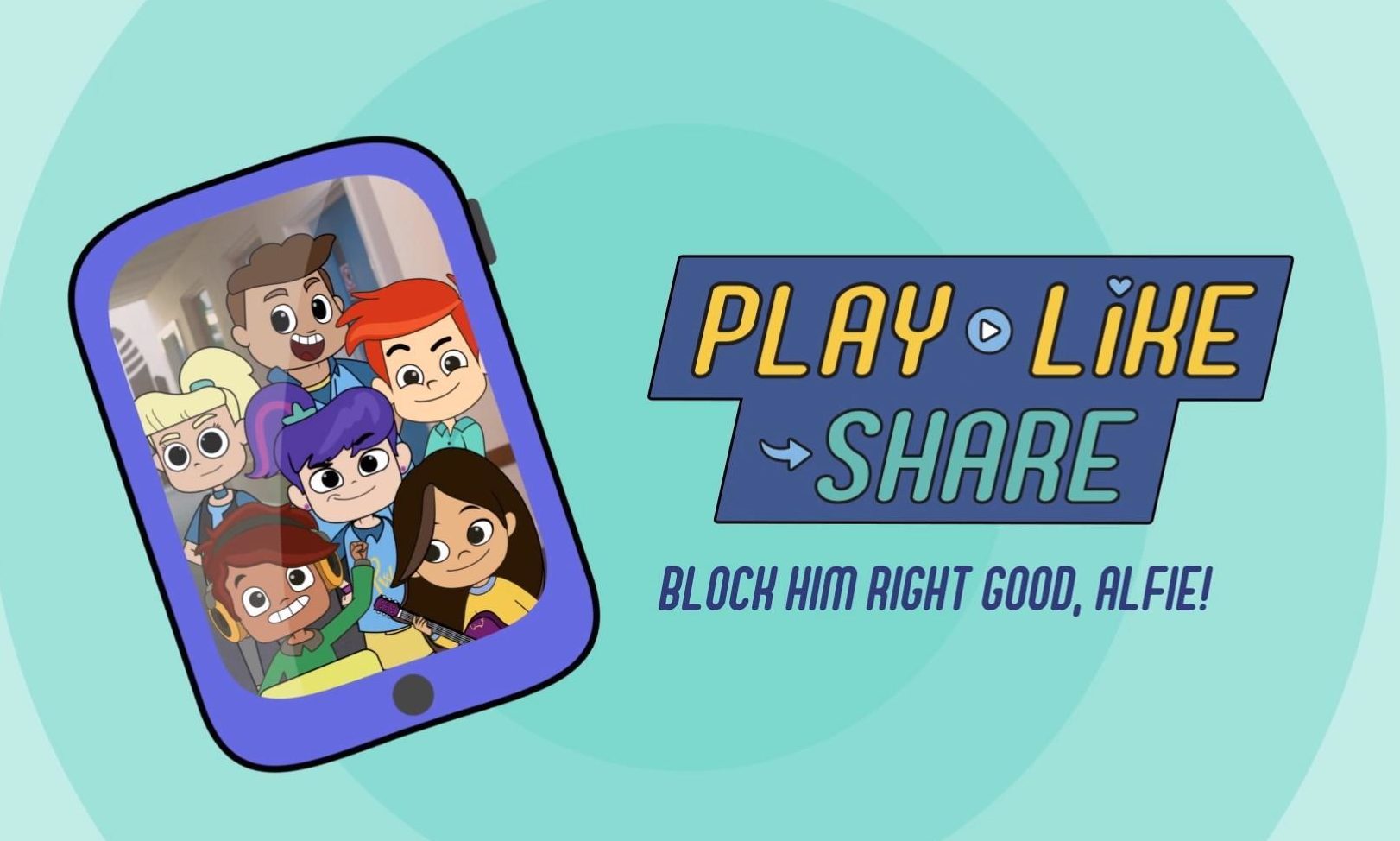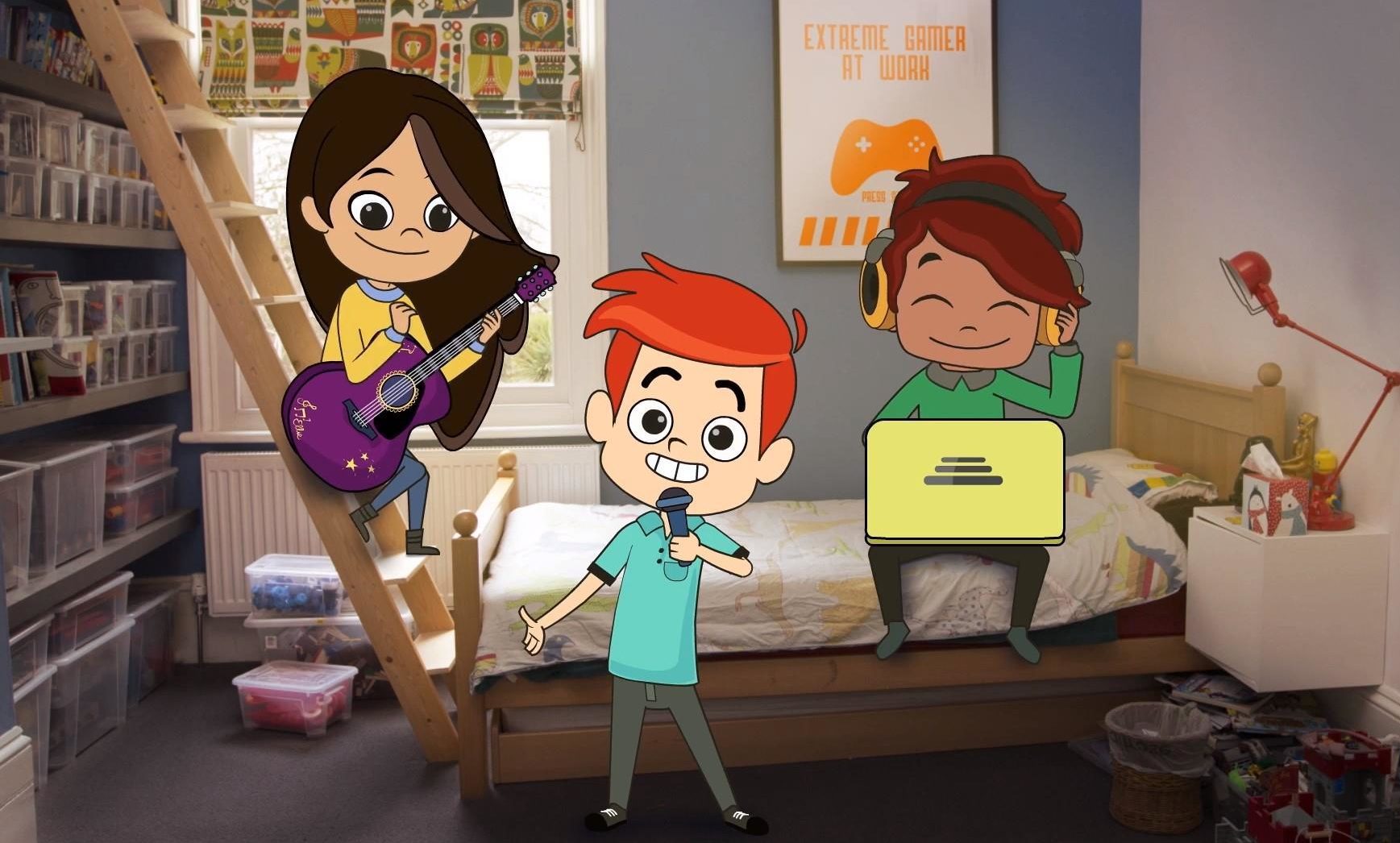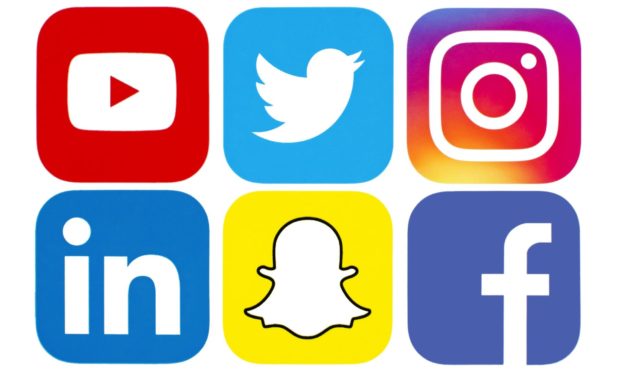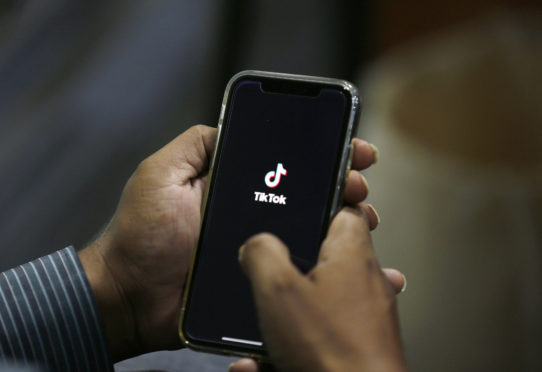Cartoon characters including Jessie and Alfie teach children about online safety from almost as soon as they are able to log on to a computer.
The characters feature in resources widely used by schools, created by the National Crime Agency’s CEOP Command for its Thinkuknow education programme.
A series of animations have been created for children as young as four, designed to fit in with the school curriculum and ensure youngsters learn the skills they need to stay safe online.
Jessie & Friends is aimed at four to seven-year-olds and teaches them who to tell if they come across something on the internet which makes them feel worried, scared or sad.
It follows the adventures of Jessie, Tia and Mo as they begin using the internet, sharing pictures and playing games.
Its message is that if children are worried about anything online they should tell a grown-up they trust who will help them.
Youngsters also learn about trust, being kind online, consent and healthy and unhealthy behaviour on the internet.
A battle of the bands contest provides the storyline for Play Like Share, which is targeted at eight to 10-year-olds.
Alfie, Ellie and Sam form a band to take on the mean but cool Popcorn Wizards and their experiences help young viewers to spot the early signs of manipulative and threatening behaviour by people they might meet online.
The cartoon is aimed at developing confidence in children and teaching them how to respond safely and get help.
Children can then put their knowledge to the test in the Band Runner game, in which they help the characters to make safe choices.
The Thinkuknow programme, which provides lesson plans, also has material tailored for older pupils, aged from 11 to 13 and over 14s, on topic such as responsible use of social media and how to spot and report online grooming.
Launched in 2006, the programme is underpinned by the latest intelligence about child sex offending and is available to parents, carers, children and young people as well as teachers and other professionals.
